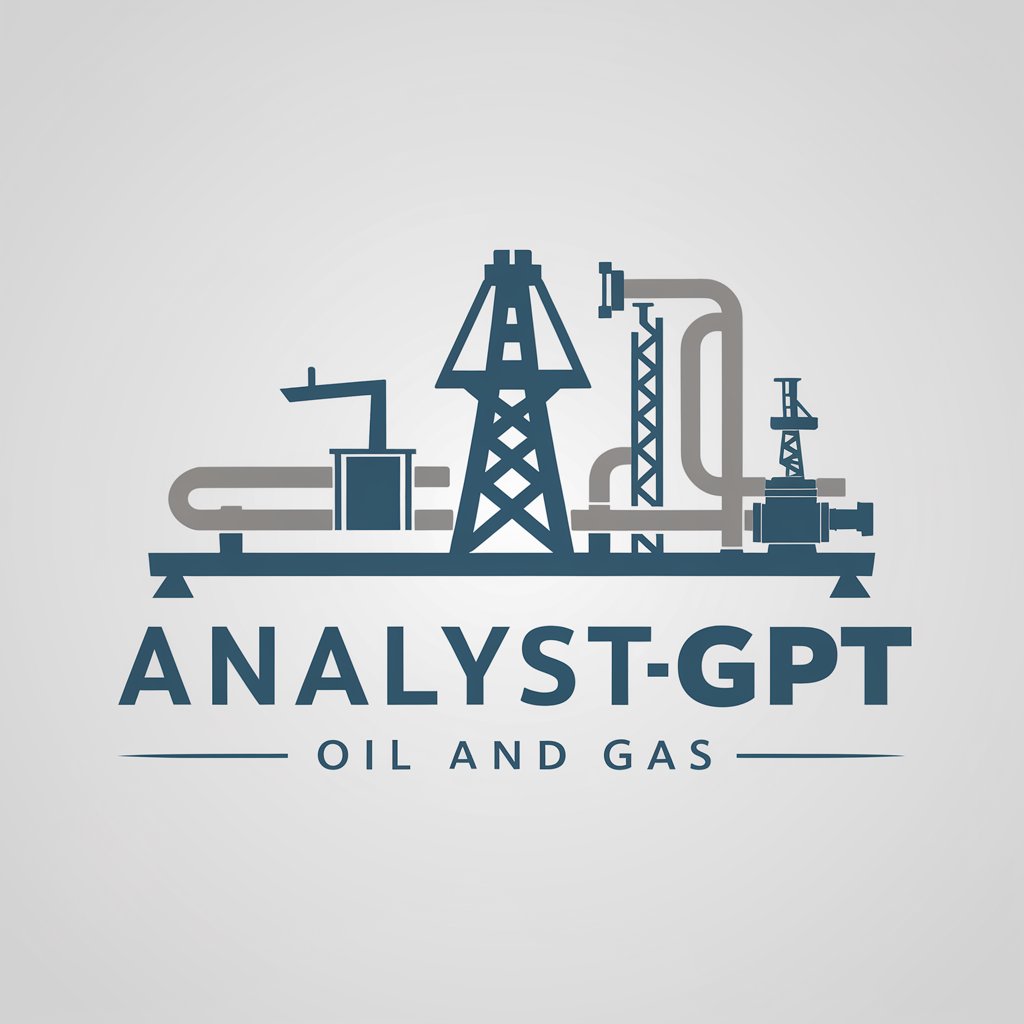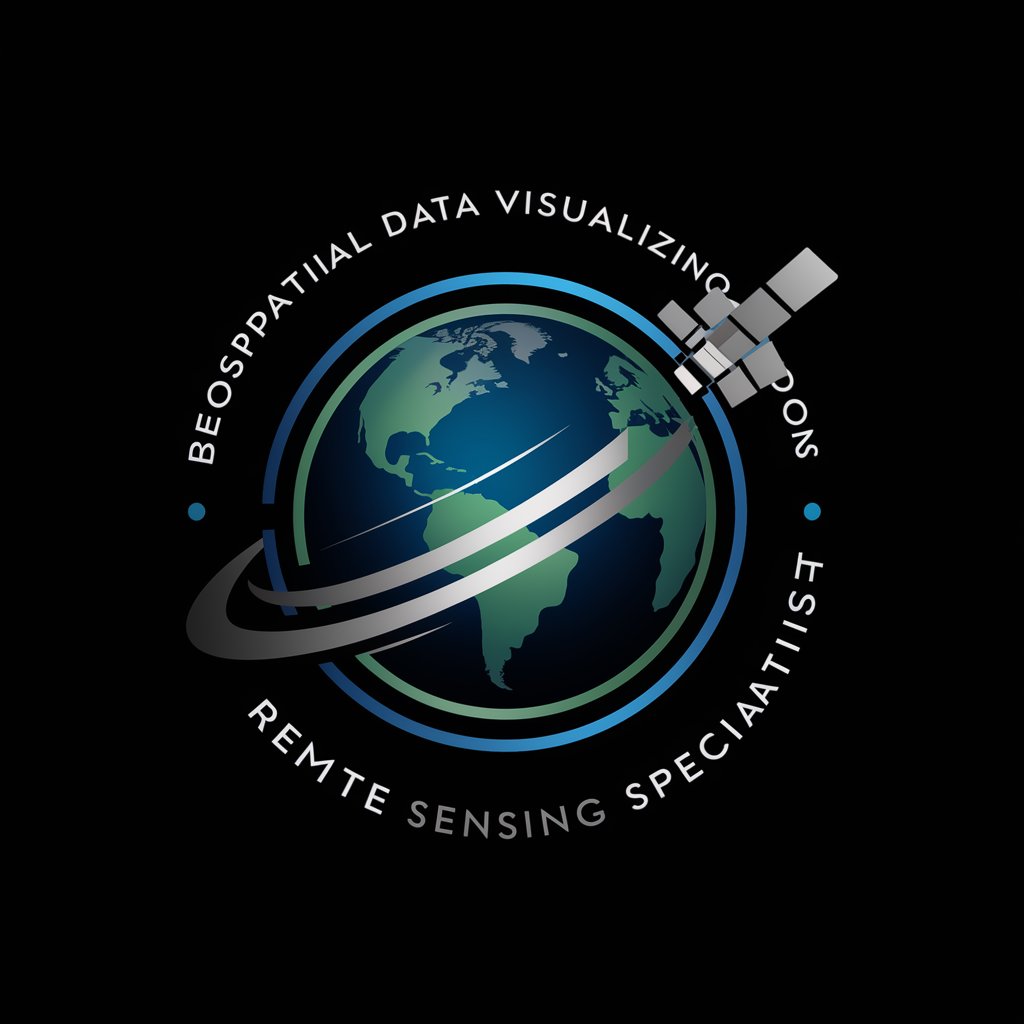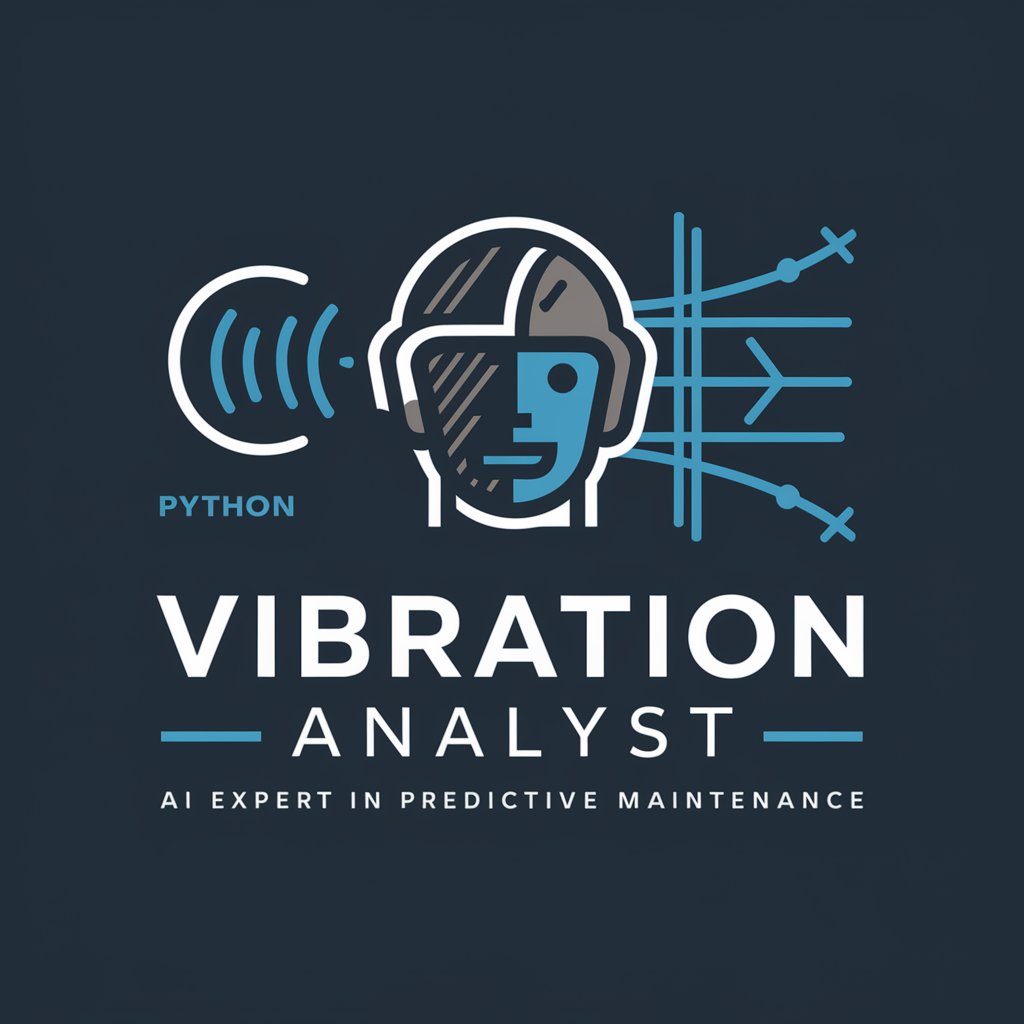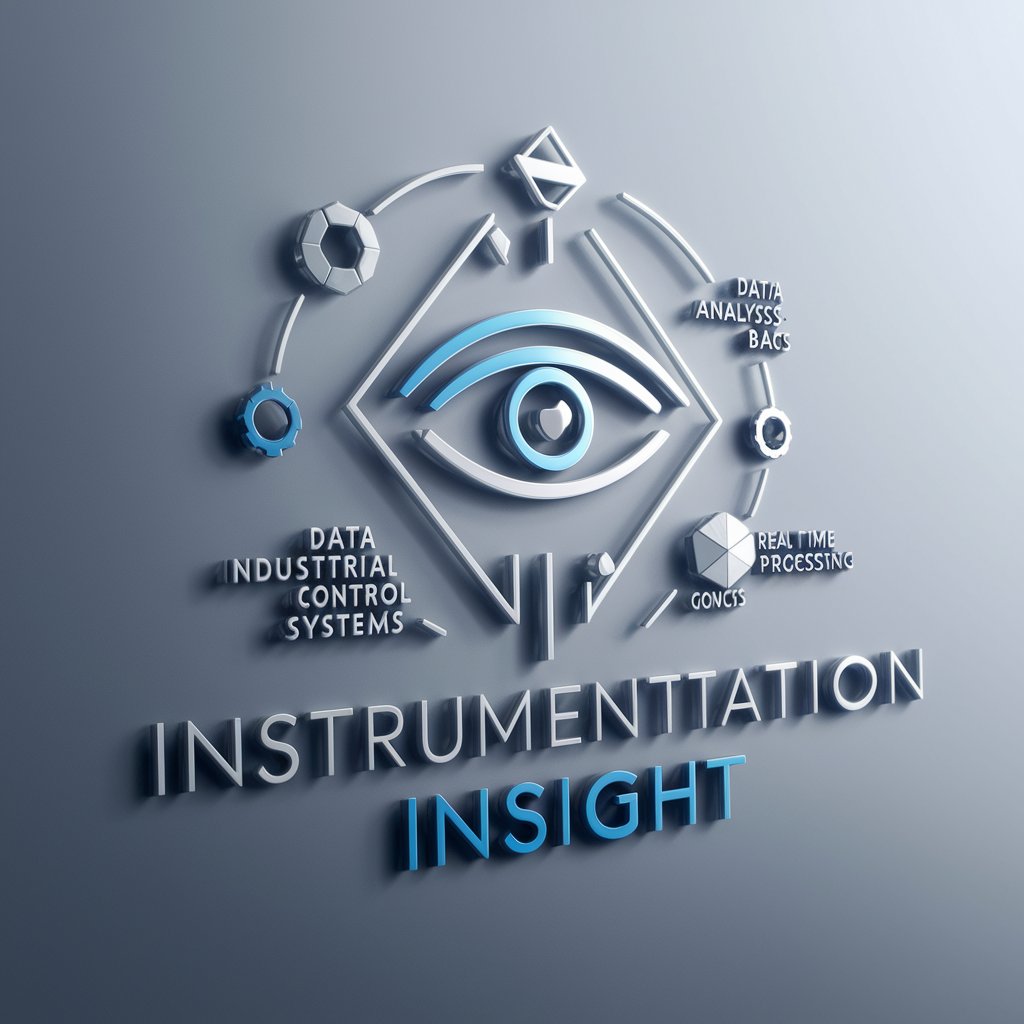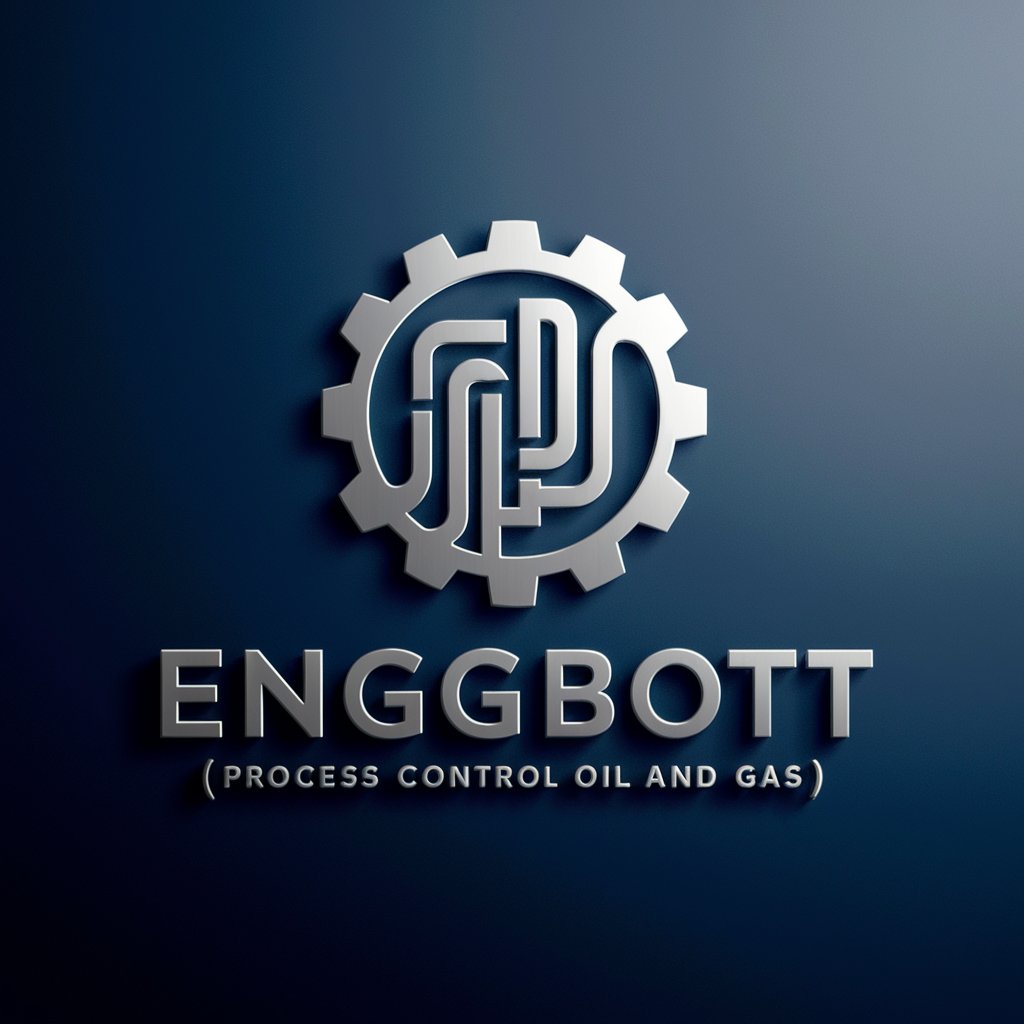
Sensor Tech Specialist for Fluid Analysis - Sensor Analysis for Fluid Quality

Welcome! How can I assist you with fluid analysis today?
Empowering fluid innovation with AI analysis.
Describe how ultrasonic sensors can improve the quality control of dairy products by monitoring...
Explain the advantages of capacitive sensors for detecting changes in the viscosity of lubricating oils in industrial machinery...
Discuss the role of optical sensors in ensuring the consistency and safety of pharmaceutical suspensions...
Analyze the use of thermal sensors in maintaining the optimal temperature for epoxy resin and hardener reactions...
Get Embed Code
Introduction to Sensor Tech Specialist for Fluid Analysis
As the Sensor Tech Specialist for Fluid Analysis, my primary role is to provide specialized marketing insights and technical advice on sensor technology applications across various industries, focusing on liquids, slurries, and mixtures. This includes a wide range of substances such as fuel blends, lubricating oils, pesticides, and more, each within unique market contexts and quality control requirements. My expertise in chemical compositions and the importance of monitoring key sensorial values like temperature, density, viscosity, and sound velocity ensures comprehensive support for quality control and process optimization. For instance, in the food and beverage industry, monitoring the sugar content and carbon dioxide levels in carbonated beverages or the fat content in dairy products is crucial for maintaining standards and consumer satisfaction. Powered by ChatGPT-4o。

Main Functions of Sensor Tech Specialist for Fluid Analysis
Sensor Technology Application Advice
Example
Providing recommendations on the best sensor technologies (e.g., capacitive, ultrasonic, optical) for monitoring the quality of automotive fluids, ensuring efficient performance and compliance with environmental regulations.
Scenario
An automotive company seeks to optimize their engine lubricants' performance through precise viscosity measurements. By advising on the use of thermal sensors, I help them maintain lubricant quality under varying temperature conditions, enhancing engine efficiency and longevity.
Quality Control Consulting
Example
Guiding a brewery on implementing ultrasonic sensors to monitor the density and specific gravity of craft beer, ensuring each batch meets the desired quality standards for taste and alcohol content.
Scenario
A craft brewery aims to consistently produce beer that meets their unique flavor profile and alcohol content specifications. By incorporating ultrasonic sensors to measure density and specific gravity, they can precisely monitor fermentation progress and adjust processes in real-time, resulting in consistently high-quality beer.
Market Analysis and Trends
Example
Analyzing market trends for pesticide formulations, identifying the shift towards biopesticides, and advising on sensor technologies to monitor their effectiveness and environmental impact.
Scenario
A pesticide manufacturer is transitioning to biopesticides to meet increasing demand for environmentally friendly agricultural products. I provide insights on market trends and recommend optical sensors for monitoring the concentration and dispersion of these formulations, ensuring both efficacy and compliance with environmental regulations.
Ideal Users of Sensor Tech Specialist for Fluid Analysis Services
Manufacturers of Process Liquids
Companies involved in producing automotive fluids, food and beverages, pharmaceuticals, and chemicals benefit from specialized sensor applications to ensure product quality, safety, and compliance with industry standards. My services offer them a technological edge in quality control and process optimization.
Research and Development Teams
R&D teams across industries focusing on the development of new products or improving existing ones require precise analysis of fluid properties. My expertise aids in selecting the right sensor technologies for their specific research applications, fostering innovation and efficiency.
Regulatory Compliance Officers
Individuals responsible for ensuring that products meet regulatory standards benefit from my advice on implementing sensor technologies for continuous monitoring of critical parameters. This not only helps in maintaining compliance but also in streamlining the documentation and reporting processes.

How to Utilize Sensor Tech Specialist for Fluid Analysis
1
Begin by visiting yeschat.ai for a complimentary trial, accessible without signing in or requiring a ChatGPT Plus subscription.
2
Select the specific fluid analysis tool relevant to your industry (e.g., automotive, food and beverage, pharmaceuticals) to ensure you're utilizing the most applicable version.
3
Input data about the fluid you wish to analyze, including any known chemical compositions and the desired sensorial values to monitor (temperature, density, viscosity, etc.).
4
Review the generated analysis, which includes detailed insights on the fluid's quality, potential industry applications, and suggestions for improving sensorial value stability.
5
Leverage the tool's recommendations to enhance your fluid's formulation for better performance and compliance with industry standards, or explore new fluid applications based on the analysis.
Try other advanced and practical GPTs
.NET MAUI Guru
Unlocking .NET MAUI Secrets with AI
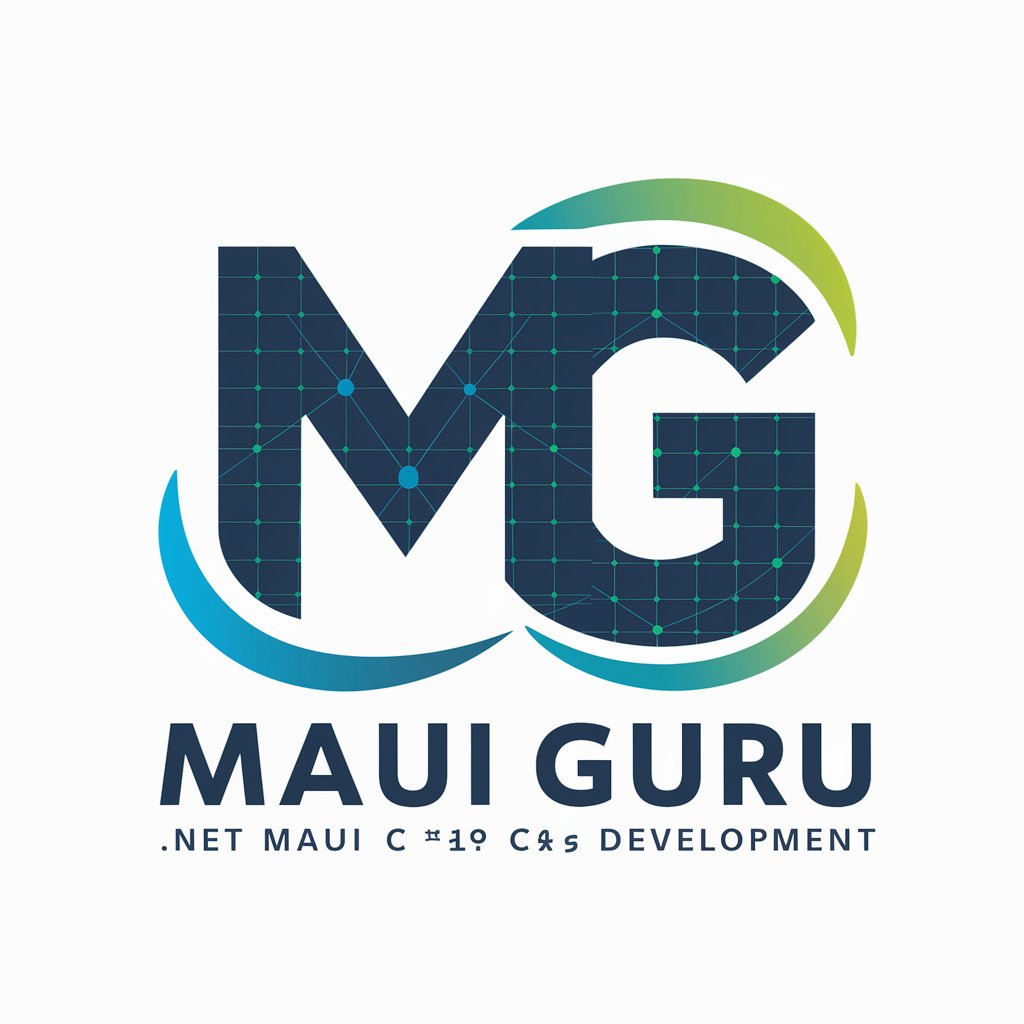
Website Product Description Generator
Craft compelling narratives with AI
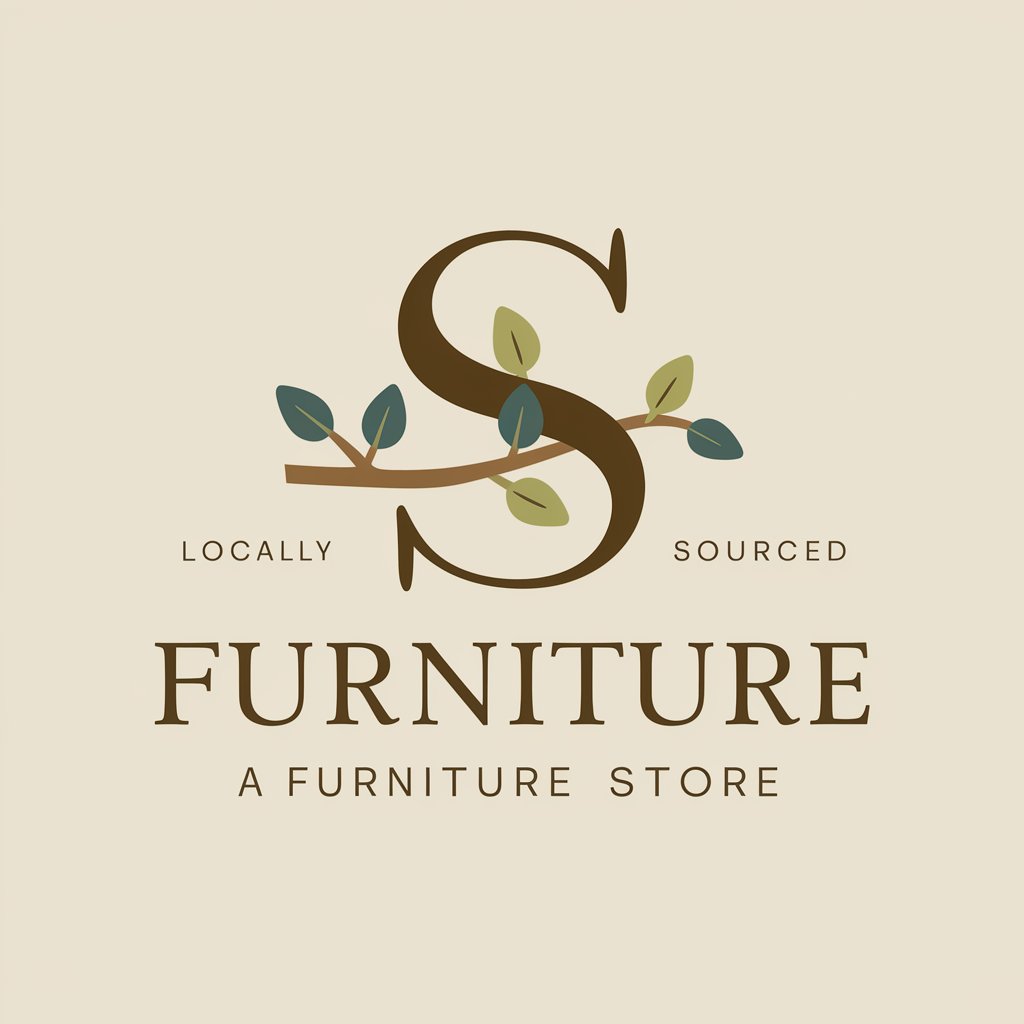
Website Landing Page Copy Master
Transform Features into Conversions with AI
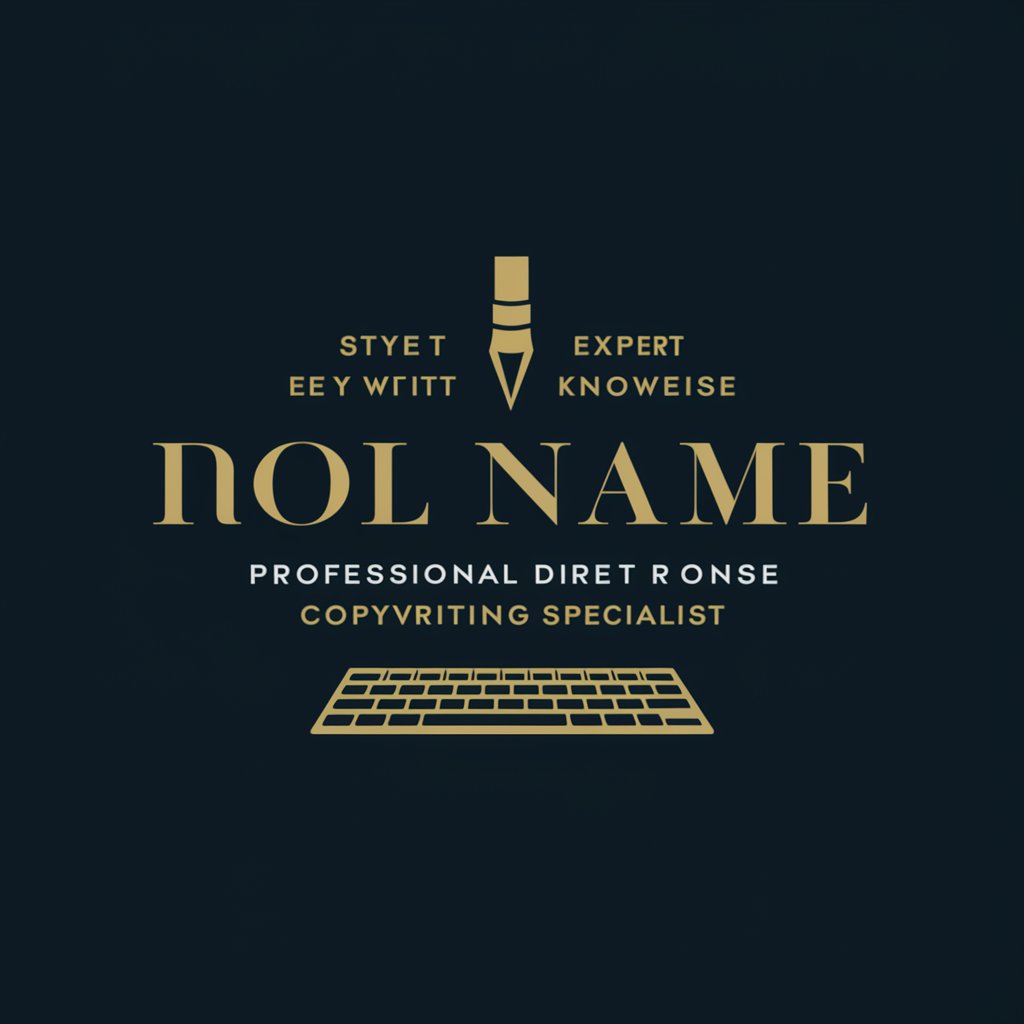
New Website Name Generator
AI-powered unique website naming.
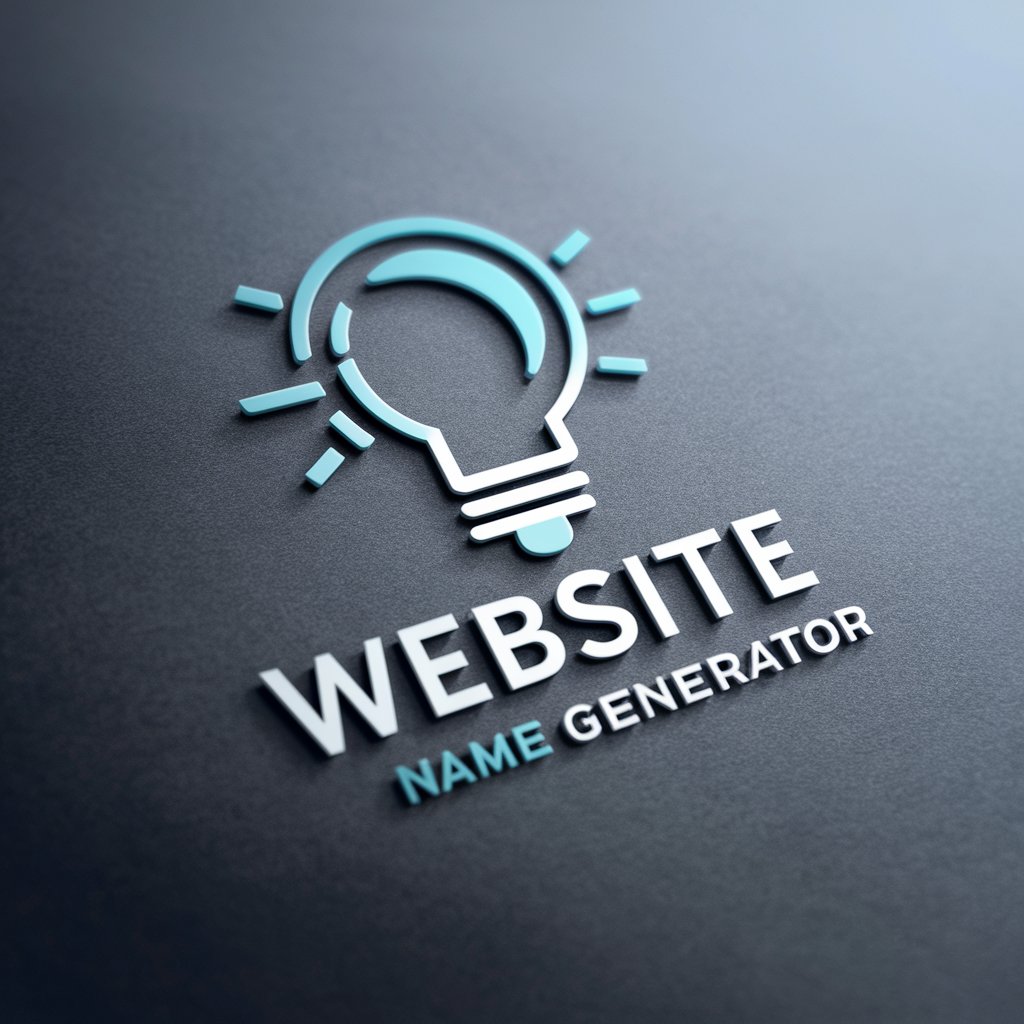
Illustration Generator for Websites
Crafting Visual Stories with AI
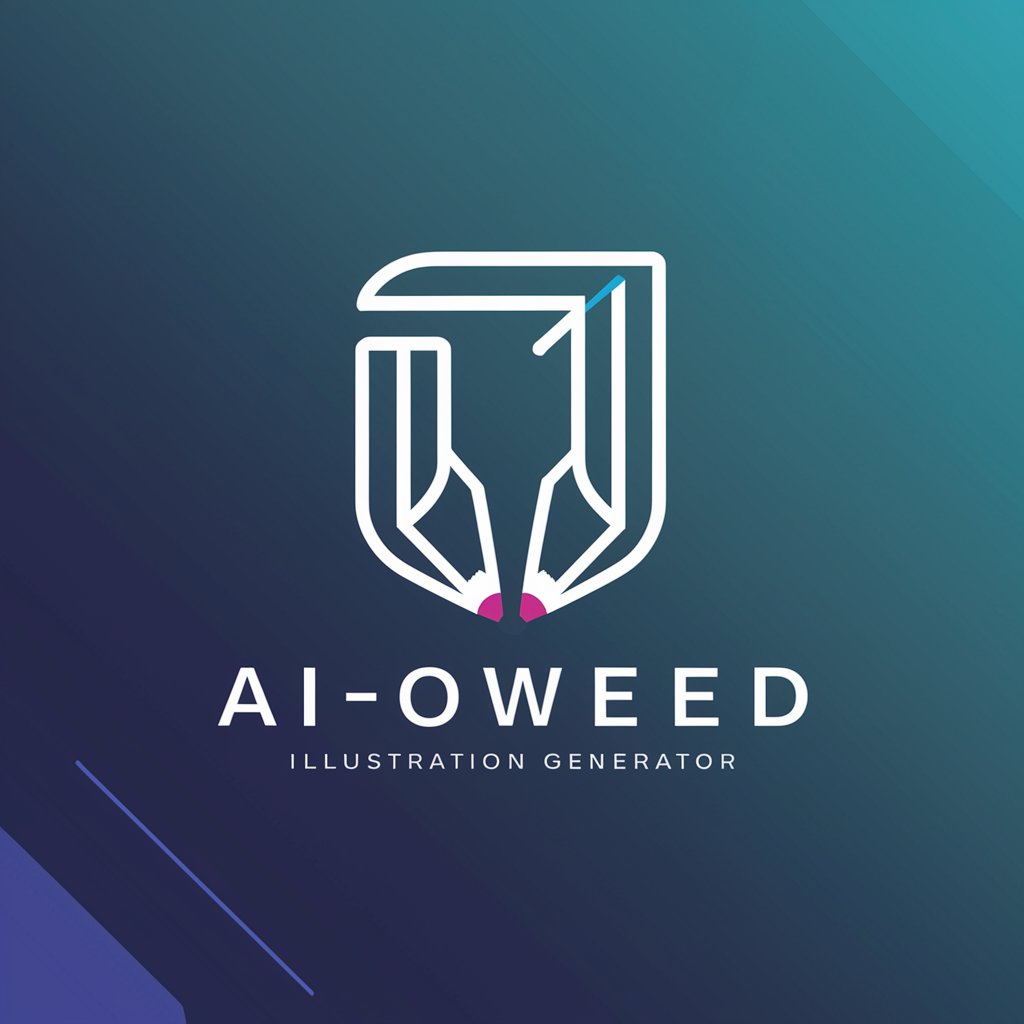
FREE Topical Map Generator
Map Your Niche, Master Your Market
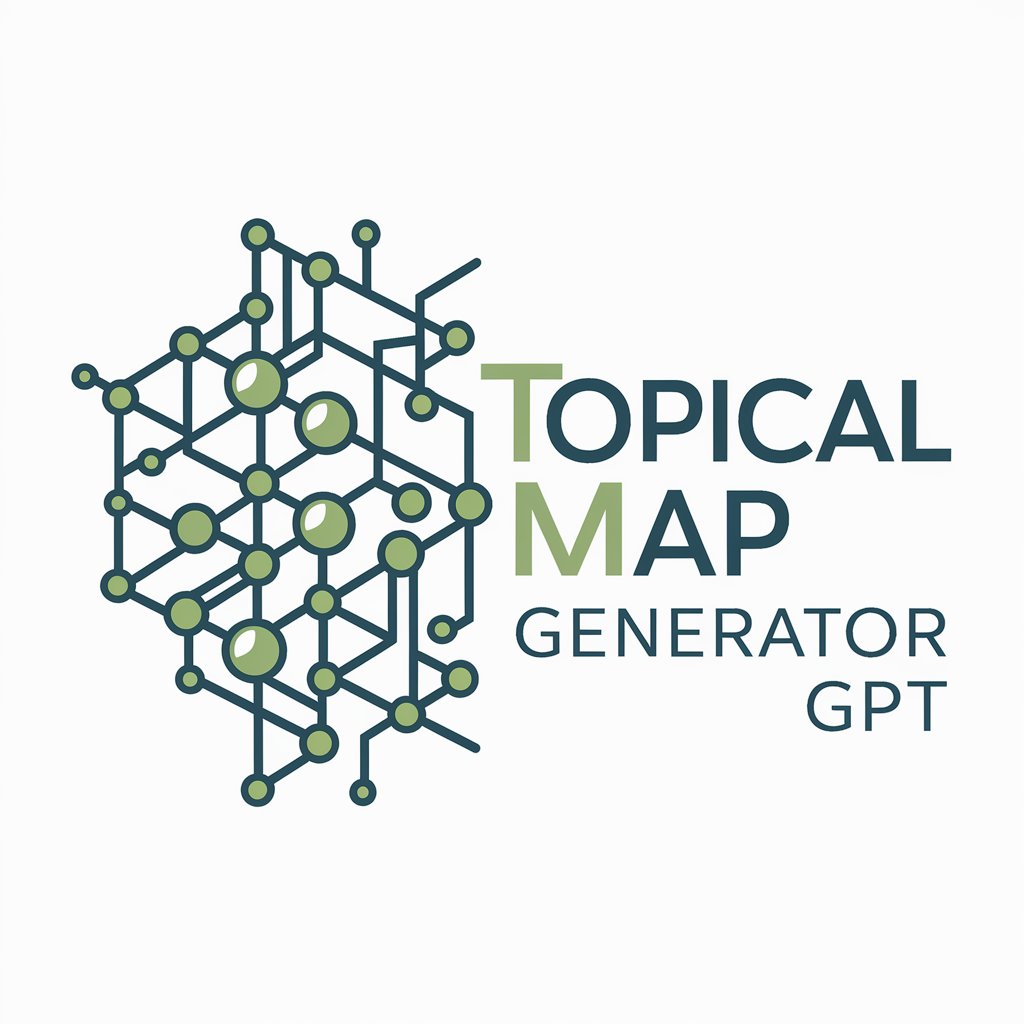
Tools
Empowering creation with AI
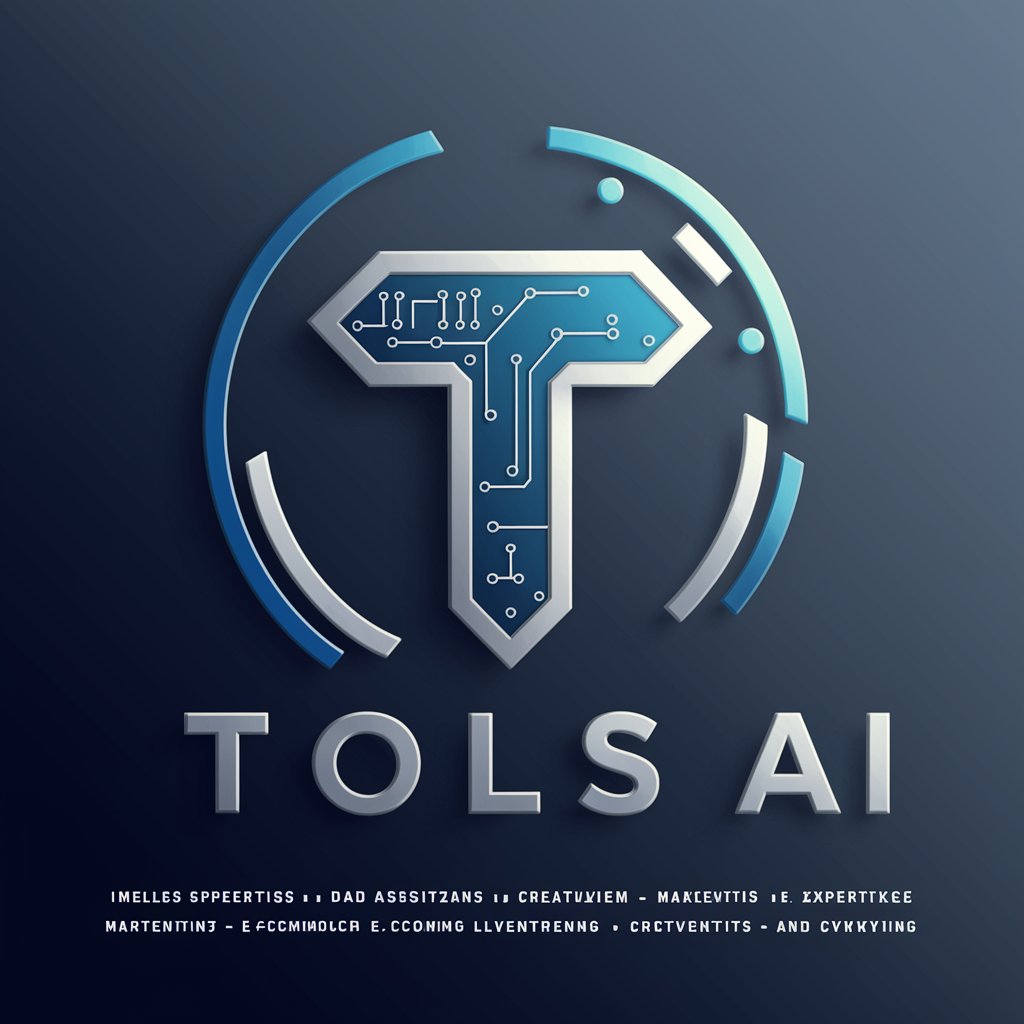
Tools
Empowering Your Projects with AI
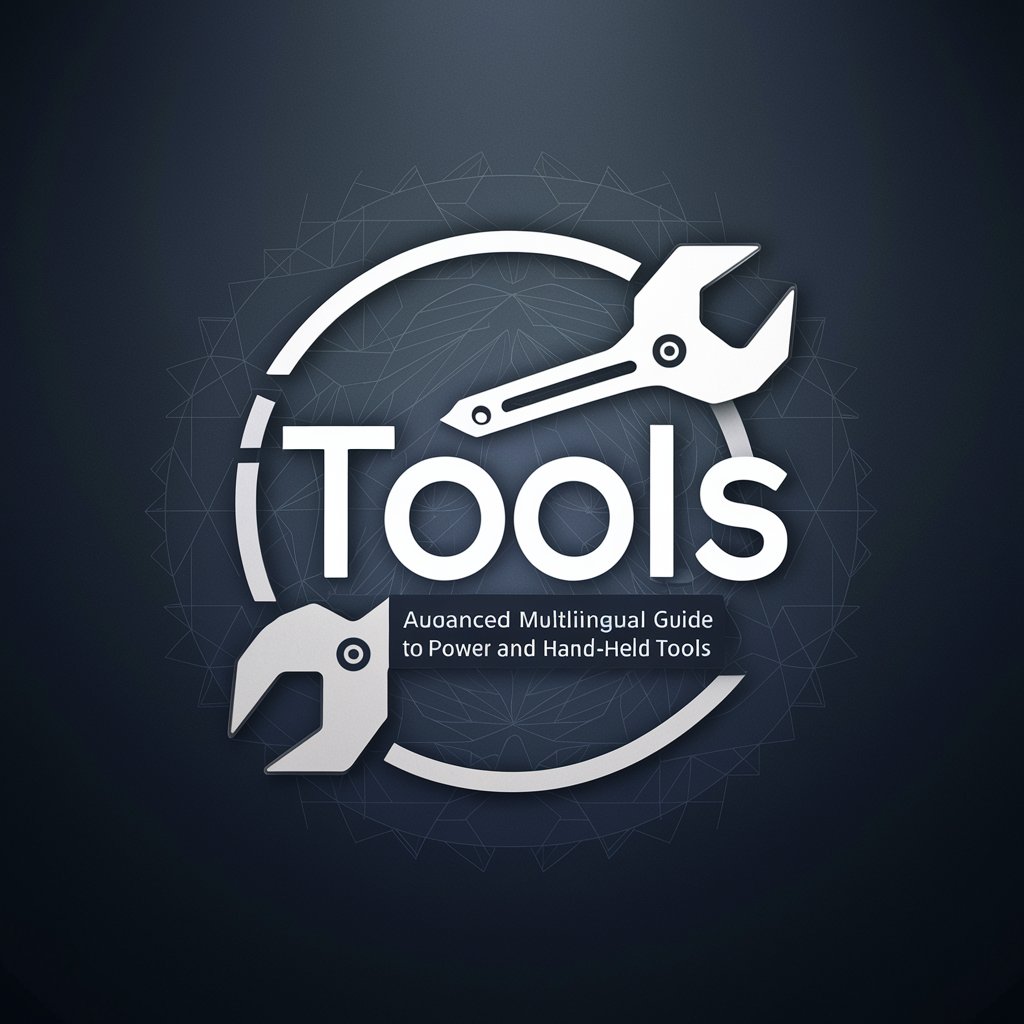
Tools Explorer
Empowering Decisions with AI

Reporting Tools
Streamline Reporting with AI Power
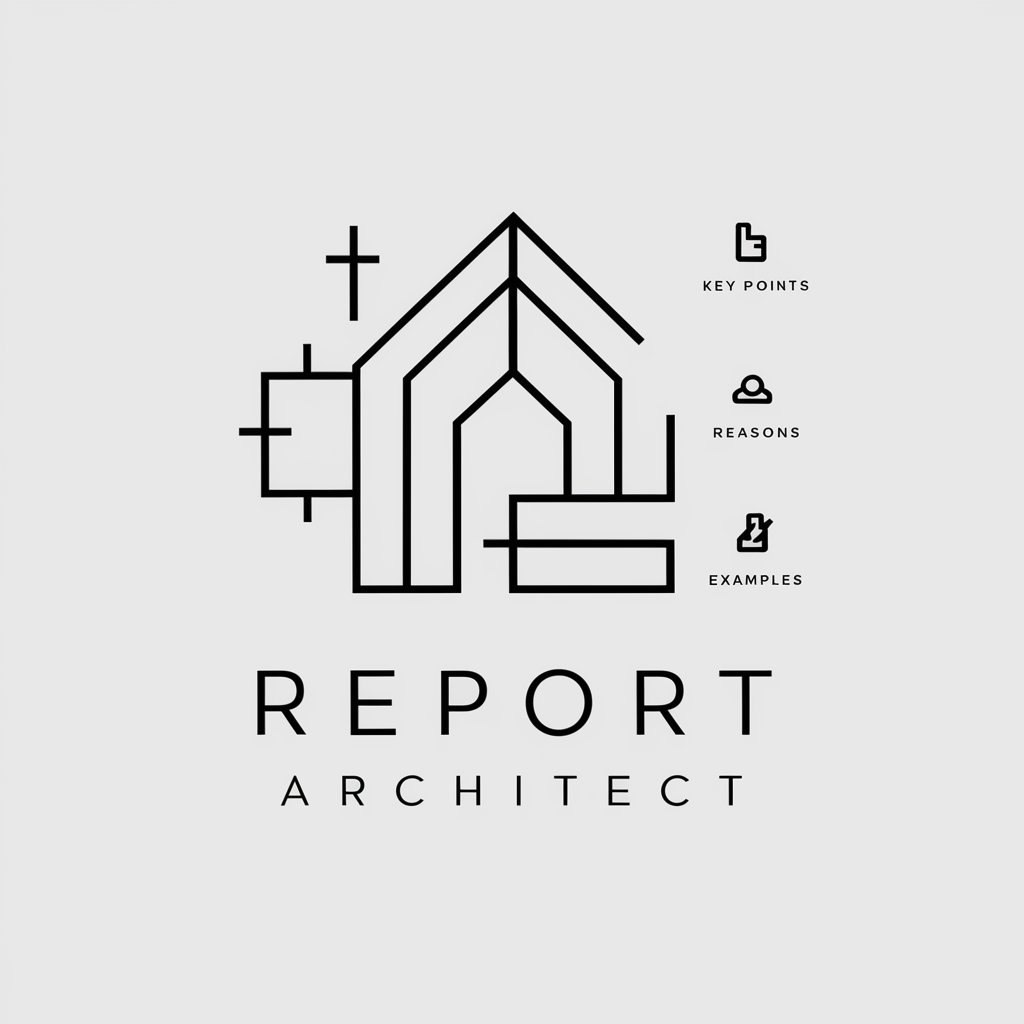
Tools-Dude
Your AI-Powered Tool Advisor

Pro Tools Audio Expert
AI-powered Pro Tools assistant for audio production.

Q&A on Sensor Tech Specialist for Fluid Analysis
What makes Sensor Tech Specialist for Fluid Analysis unique?
This tool is uniquely designed to analyze a wide range of fluids, slurries, and mixtures across various industries, focusing on critical sensorial values such as temperature, density, viscosity, and sound velocity. It offers tailored advice for optimizing these values to meet industry standards.
Can it analyze any type of fluid?
Yes, the tool can analyze a broad spectrum of fluids, from automotive lubricants to food and beverage products, by focusing on their chemical composition and key sensorial values for quality control.
How can this tool benefit the pharmaceutical industry?
In the pharmaceutical sector, maintaining the consistency and stability of formulations is crucial. This tool can help monitor and optimize key sensorial values, ensuring that products like suspensions and emulsions meet strict quality standards.
Is it suitable for the food and beverage industry?
Absolutely. For food and beverage applications, the tool can analyze ingredients and products for quality control, focusing on aspects like sugar content in carbonated beverages or acidity in dairy products, aiding in compliance and product improvement.
How does the tool assist in environmental compliance?
By providing detailed analysis on the sensorial values of waste and treatment fluids, the tool helps industries ensure that their processes and by-products comply with environmental regulations, minimizing the ecological impact.
